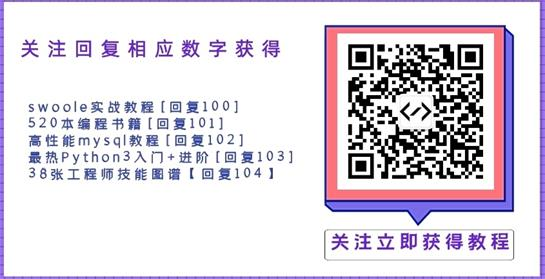这段代码通过抓取百度词典的翻译结果达到翻译单词的目的
这个小工具使用Python语言编写完成,其中使用到这 些类库(urllib,BeautifulSoup ),前者主要负责网络通讯方面,后者负责HTML的解析。这也是Python语言生态圈的强大之处,写个这样的小工具,毫不费力。
在线翻译的原理:首先根据用户输入的单词提交给百度词典 ,其次读取百度词典返回的数据并解析,最后将处理过的数据显示给用户。以下是该工具的具体代码(Translate.py)
这个小工具使用Python语言编写完成,其中使用到这 些类库(urllib,BeautifulSoup ),前者主要负责网络通讯方面,后者负责HTML的解析。这也是Python语言生态圈的强大之处,写个这样的小工具,毫不费力。
在线翻译的原理:首先根据用户输入的单词提交给百度词典 ,其次读取百度词典返回的数据并解析,最后将处理过的数据显示给用户。以下是该工具的具体代码(Translate.py)
import urllib
import codecs
from BeautifulSoup import BeautifulSoup
from sys import argv
import re,time
class Translate:
def Start(self):
self._get_html_sourse()
self._get_content("enc")
self._remove_tag()
self.print_result()
def _get_html_sourse(self):
word=argv[1] if len(argv)>1 else ''
url="http://dict.baidu.com/s?wd=%s&tn=dict" % word
self.htmlsourse=unicode(urllib.urlopen(url).read(),"gb2312","ignore").encode("utf-8","ignore")
def _get_content(self,div_id):
soup=BeautifulSoup("".join(self.htmlsourse))
self.data=str(soup.find("div",{"id":div_id}))
def _remove_tag(self):
soup=BeautifulSoup(self.data)
self.outtext=''.join([element for element in soup.recursiveChildGenerator() if isinstance(element,unicode)])
def print_result(self):
for item in range(1,10):
self.outtext=self.outtext.replace(str(item),"\n%s" % str(item))
self.outtext=self.outtext.replace(" ","\n")
print self.outtext
#from sharejs.com
if __name__=="__main__":
Translate().Start()
